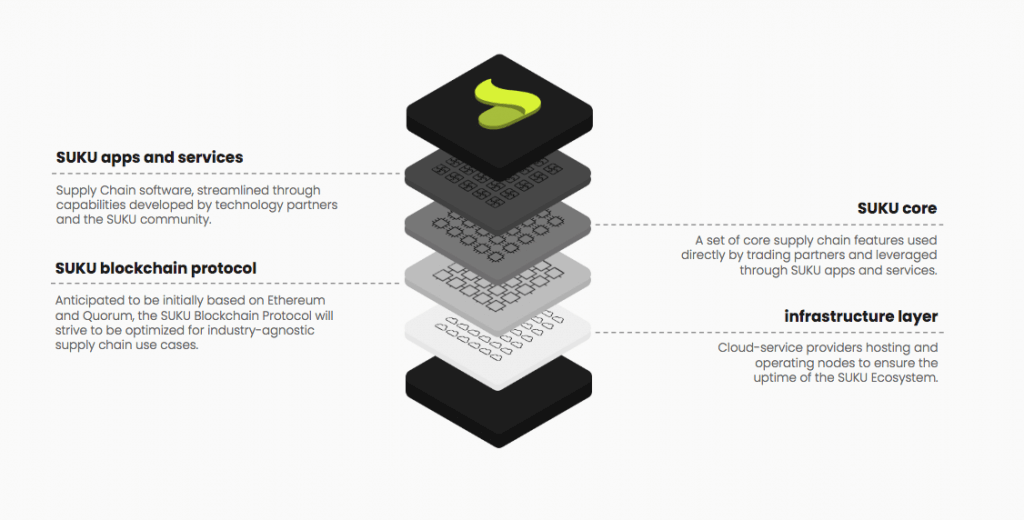
Blockchain startup Citizens Reserve has announced the appointment of five key executives to the board of advisors of its SUKU blockchain platform.
Joining the startup are Michael Casey, renowned blockchain author and chairman of CoinDesk’s advisory board; Bill Shihara, co-founder and CEO of Bittrex Exchange; Jack Lee, founding managing partner of HCM Capital; Lily Liu, co-founder of Earn.com, which was acquired earlier this year by Coinbase; and Matthew Roszak, co-founder of Bloq and founding partner of Tally Capital.

Announced last week by Citizens Reserve, SUKU is a blockchain-based ecosystem that aims to make supply chains more efficient, transparent, and secure by offering a “supply-chain-as-a-service” platform to enterprises. The five newly appointed advisors will support the strategic development of SUKU and will aid in implementing the platform’s supply chain-as-a-service concept to improve supply chain management.
“Today’s supply chains are encumbered by large-scale inefficiency and waste, imposing costs on businesses and contributing to environmental and health threats to human beings,” Casey said. “There is great potential to address them through the integration of new information technologies with blockchain technology.”
The on-demand decentralized SUKU platform intends to be an all-in-one platform providing feature-rich supply chain software for trading partners. It features onboarding and profile management, a marketplace with a reputation system, tools to manage and track orders, and more. Technology partners can build applications and services on SUKU that can be utilized by supply chain participants in a continually evolving, self-sustaining ecosystem. SUKU’s native token is used to incentivize and reward partners of the platform.

“It’s for a lot of different participants in the supply chain. It’s on demand. It’s hard to design an ecosystem, and it’s something you can use for a month or a week or even a single transaction,” Eric Piscini, Citizens Reserve’s CEO, told FreightWaves in an interview.
“We’ve designed it to be completely open. You have technology providers who want to come onto the platform such as Internet-of-Things (IoT) companies and we say, ‘sure, come on board.’ From onboarding to placing orders to using services. We have a very unique approach.”
SUKU will leverage two blockchains: Ethereum and Quorum. The public Ethereum blockchain will be used to handle supply chain payments, while the permissioned Quorum blockchain will facilitate transactions such as bids and offers, where confidentiality is critical.
Piscini previously grew Deloitte’s blockchain staff from three people in 2012 to the 1,200 people it is today. He, alongside at least two other former members of the firm’s blockchain division, joined Citizens Reserve in May when the startup came out of stealth.
Besides SUKU, Citizens Reserve is also working a project called ZERV, a decentralized commerce platform that allows frictionless transactions between all key participants within the defense industry, including manufacturers, suppliers, distributors, retailers, and consumers.

